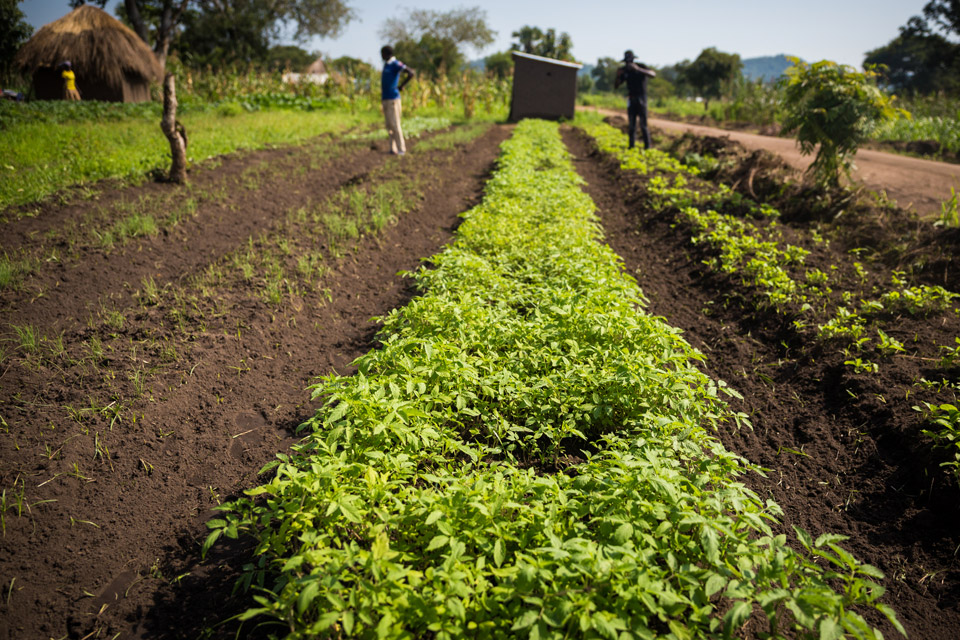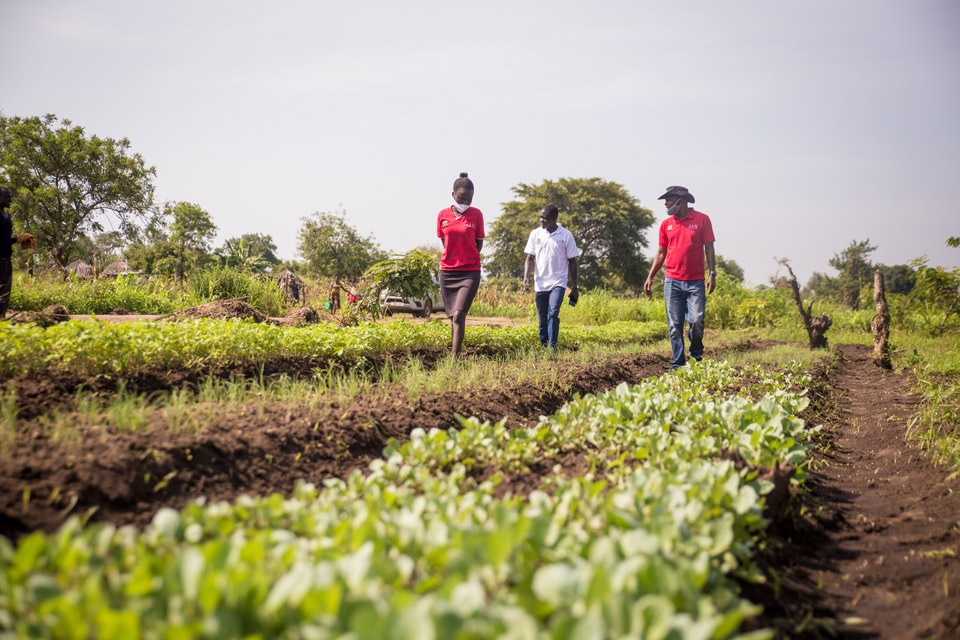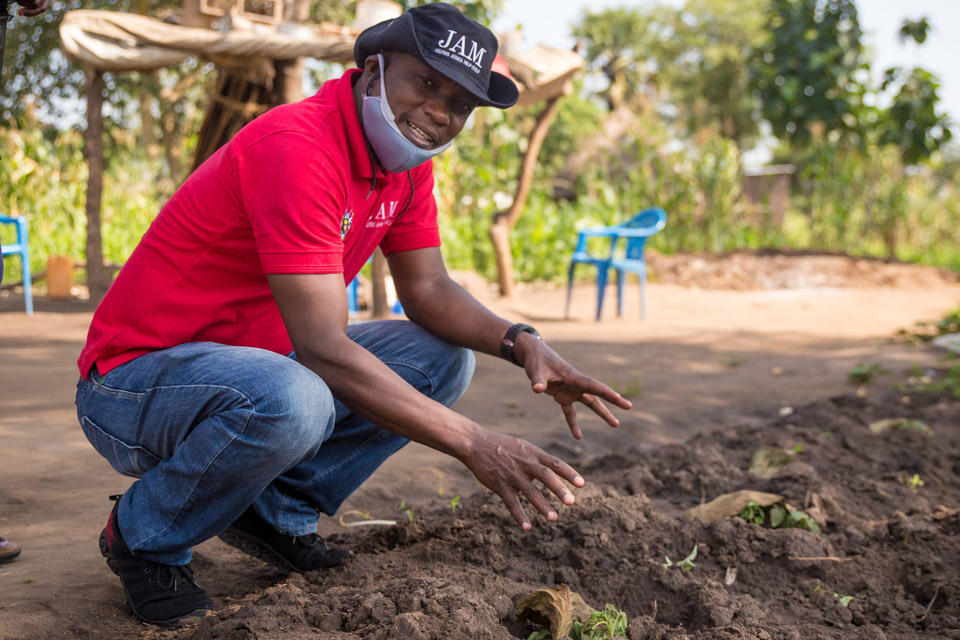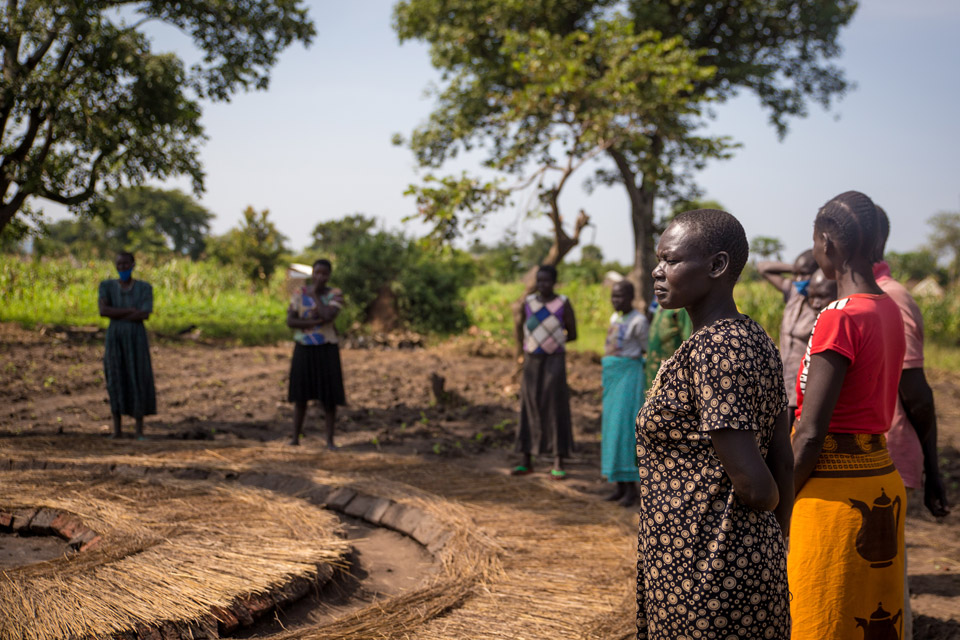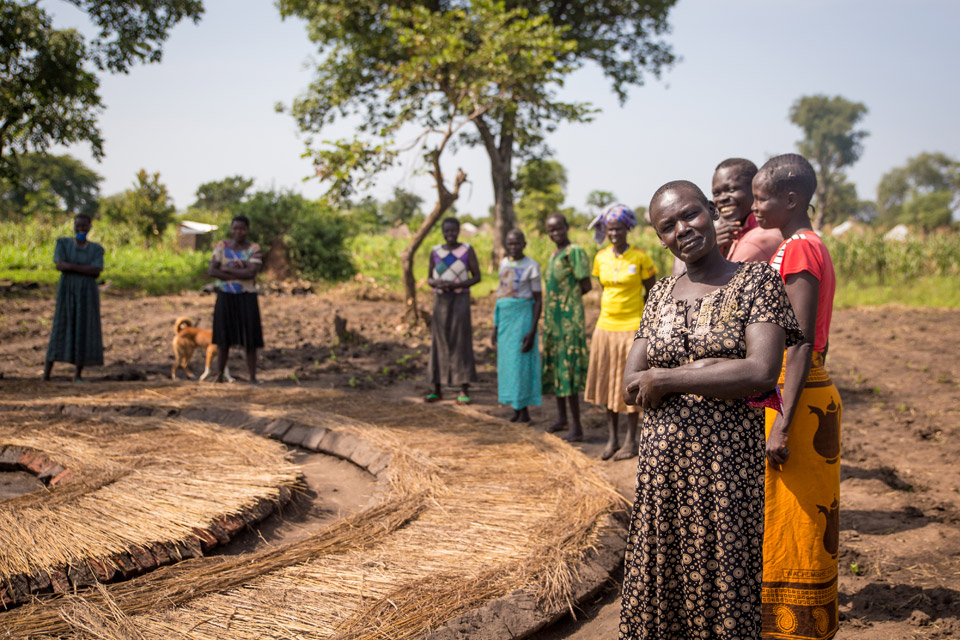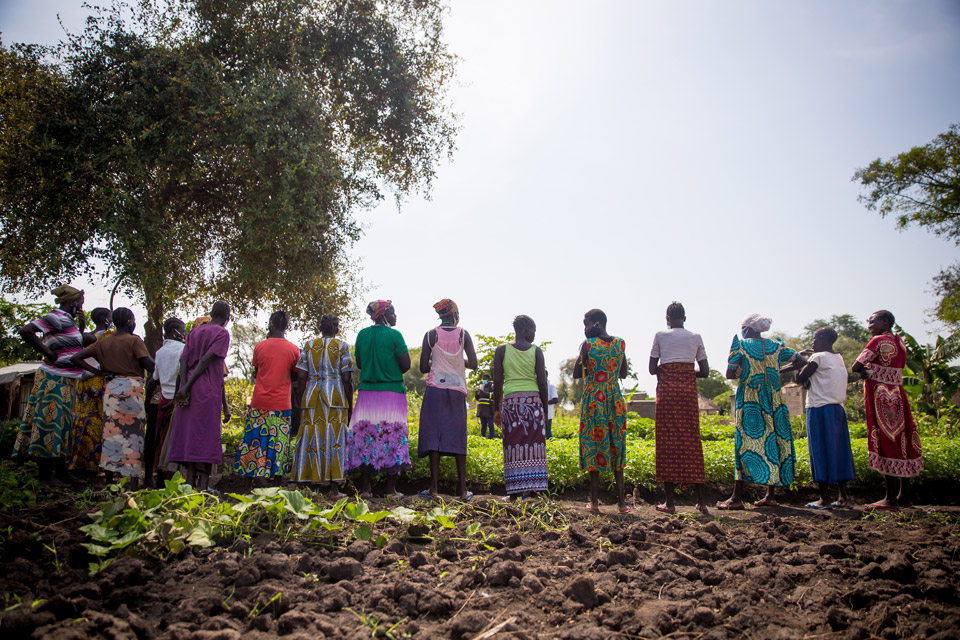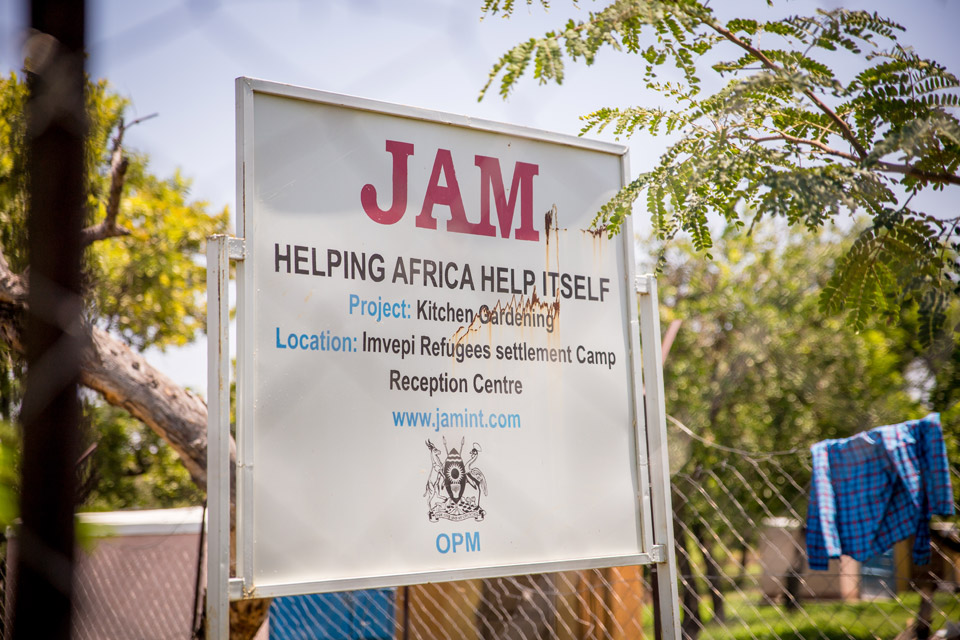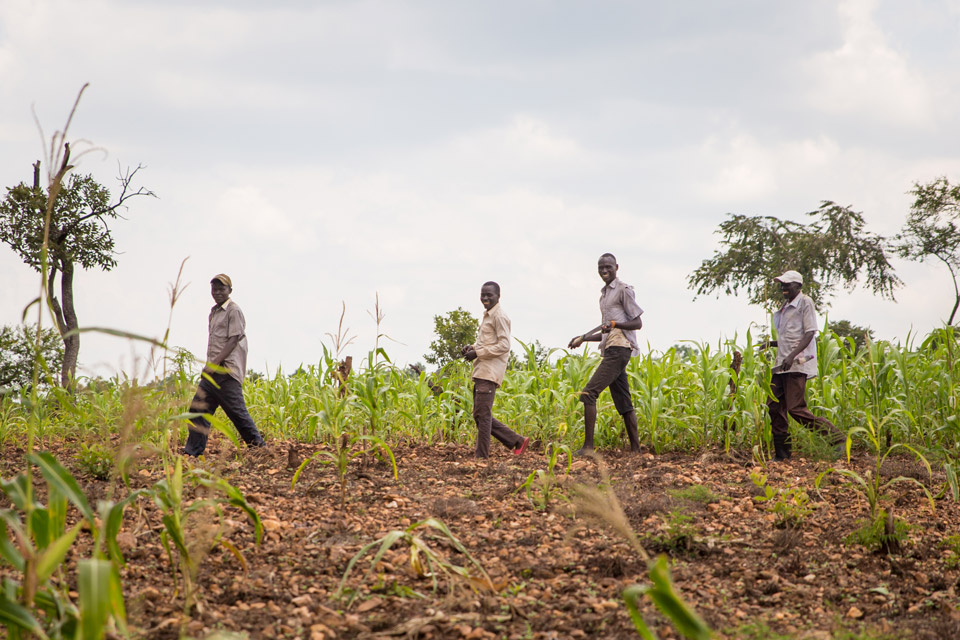
ONE DONATION TWICE THE IMPACT
The Big Give runs the UK’s biggest match funding campaign, The Christmas Challenge! It launches on #GivingTuesday. The Christmas Challenge 2021 will take place between 12pm (midday) 30th November 2021 and 12pm (midday) 7th December 2021 when your donations will be doubled by a champion donor and by pledges made earlier this year.
For example, an online donation of £50 is doubled to £100. If Gift Aid is claimed, the donation could be worth £112.50! Visit theBigGive.org.uk or watch the short video below that explains how it works.

Your donation will be doubled and used to establish vegetable gardens and to teach, equip and empower refugees to grow their own vegetables in the Lobule, Imvepi and Rhino settlements
in Northern Uganda. The goal is to reduce reliance on food aid, offer a sustainable livelihood and improve the resilience of hundreds of refugee households.
Please note that only donations made via theBigGive.org.uk
from midday on #GivingTuesday to midday on the 7th of December will be DOUBLED.
The Project
Sustainable Nutrition through vegetable gardening
Uganda – West Nile Sub-region
Building resilience through sustainable vegetable gardening to reduce dependency on emergency food aid in Northern Uganda.
The funds raised will provide training and capacity building to 700 refugee and 300 host community households in Northern Uganda’s West Nile Sub-region to reduce reliance on emergency food aid and improve resilience to climate shocks offering sustainable livelihoods to improve nutrition and health. The project will be at Lobule, Imvepi and Rhino Refugee Settlements.

Click on one of the stories below
What are we trying to solve?
Uganda continues to be one of the top refugee-hosting countries in the world despite high levels of poverty. In January 2021, Uganda was home to 1.45 million refugees. 95% of Uganda’s refugee settlement population engage in crop production for personal consumption despite low productivity and post-harvest losses. Many depend on food aid (e.g. 92% of Imvepi settlement). In April 2020, WFP reduced food assistance to refugees living in resettlement camps by 30% and was forced to reduce it by a further 10% in February 2021. Current food aid across all three camps is inadequate to meet nutritional needs of clients, especially babies and children <5 years. Services in host community areas are already stretched and are they too are extremely vulnerable and lack the income to procure farming inputs, access to markets and suffer from poor soil quality.
How will we solve it?
JAM will collaborate with nutrition and key actors (e.g. UNHCR and IRC) to identify the most vulnerable. For 6 months, JAM will engage both communities and support learning through a demonstration garden in which male and female refugees (70%) and host communities 30%) will share learning, skills and grow foods together. The garden will promote cohesion between communities, raise awareness of climate change and improve climate-smart farming and crop production through improved farming skills leading to improved crop production and diversity of diets and greater resilience to shocks. On completion, JAM will hand over the demonstration garden to community leaders and local district departments to champion the initiatives.


What are we aiming to achieve with the funds raised?
To improve the nutrition and health of vulnerable women and children through increased access to and the intake of micronutrient-rich vegetables to reduce reliance on food aid. Household livelihood strategies are strengthened to support self-reliance through livelihood diversification, market-driven opportunities and capacity building to scale up activities profitably. Livelihood support to complement basic household food needs and ensure greater consumption of nutrients sustainably. Grow resilient climate-smart vegetables without pesticide use.


What will be the impact of our work?
50% of target households are anticipated to demonstrate increased household income by the end of the project. 50% of target households to consume fresh vegetables regularly as part of their dietary diversity. The project will also contribute to environmental protection through the implementation of vegetable production techniques and innovations that promote diversification, soil and water conservation and effective land utilization.
JAM’s agricultural programming is critical in aiding rural communities to feed themselves and ultimately, in providing a way out of abject poverty. Visit our Community Agriculture page for more info.
Teach one person to garden and the whole community eats.
Have you ever planted and grown your own vegetables?








